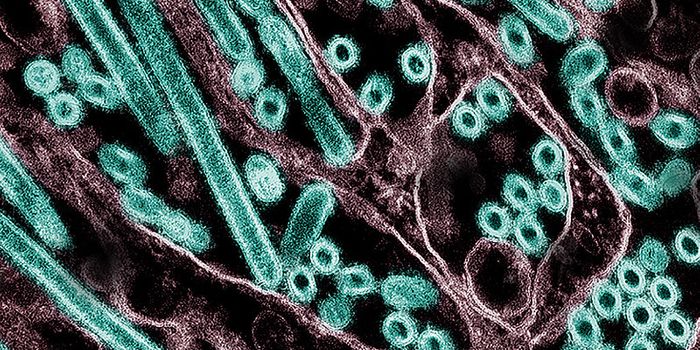A New Sleep Molecule Has Been Discovered
Scientists have long known that a molecule called hypocretin regulates sleep. It can also influence two sleep disorders: insomnia and narcolepsy. People who suffer from insomnia, a disorder which inhibits the ability to fall asleep, may have too much hypocretin in the brain. Those who suffer from narcolepsy, a disorder which decreases a person’s ability to stay awake during the day, may have too little.
Hypocretin has already been well researched in clinical settings and is being targeted in sleep disorder therapies. Daridorexant, a medication that can be used to treat individuals with insomnia, works by targeting the hypocretin receptors in the brain. There are dozens more clinical studies in progress involving hypocretin that seek to understand the molecule’s mechanisms and to develop new treatments for individuals with sleep disorders.
An exciting new development in this field, discovered by researchers at the University of Copenhagen and Aalborg University, involves one of the cellular mechanisms that affects levels of hypocretin in the brain. These researchers discovered a small molecule called microRNA-137 (miR-137). MiR-137 is found throughout the human body but is especially pronounced in regions of the brain that regulate sleep.
These researchers were able to show that specific mutations in miR-137 cause abnormal sleepiness during the daytime in mice and zebrafish. Since micoRNAs are inherited, this finding implies that some abnormal sleep patterns could be inherited as well. This could allow researchers to develop methods for diagnosing sleep disorders using genetic tests or even methods of genetic screening for these disorders.
This research could have implications on the understanding of sleep disorders and even on treatments available to those with sleep disorders. The researchers demonstrated that inhibiting miR-137 specifically in hypocretin neurons resulted in longer episodes of wakefulness. In the future, a treatment could be developed to inhibit miR-137 in those suffering from narcolepsy. Since research into sleep molecules was previously focused on hypocretin, this exciting advancement expands the horizon of sleep research.
Sources: Journal of the Royal Society of Medicine, Food and Drug Administration, Proceedings of the National Academy of Sciences








